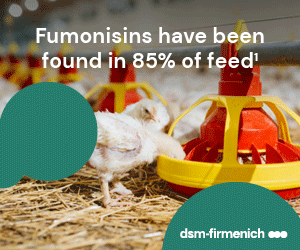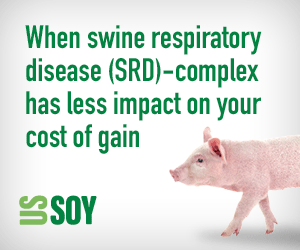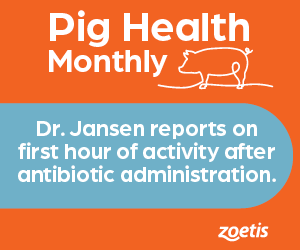



Research Helps with Glässers Diagnosis
UK - The accurate diagnosis of Haemophilus parasuis is set to be significantly improved due to a new molecular diagnostic tool, which will improve the ability to predict an outbreak of Glässers disease, and enable targeted treatment.“This is important progress for the industry as Glässers disease, caused by Haemophilus parasuis, has a significant economic impact through mortality and productivity losses, and affects the welfare of pigs globally,” explains Dr Kate Howell, a BPEX-sponsored PhD student.
“An outbreak of Glässers disease can be very expensive. It can cause significant pig losses, and, there is also the vaccination costs to consider for the remaining herd, which can be £20 per pig per year, based on the last economic analysis in 2010,” she adds.
“Up until now, the UK pig industry has only been able to detect the presence or absence of the bacterium, H. parasuis, not the particular serotype. And for this reason, the possibility of reducing the economic impacts on units has been restricted.”
However, encouraging initial results from the study indicate that molecular serotyping and pathotyping assays have 87 per cent and 82 per cent accuracy, repsectively. As a result, Dr Howell hopes that the new diagnostic tool will help the industry in terms of productivity and economically.
She said: “These results are exciting progress given the unreliability of current testing models. I believe that the new diagnostic would be cheaper and more efficient compared to current models, allowing for much more responsive results. This is important, as it will enable farmers to target disease-causing strains, allowing faster treatment.”
















